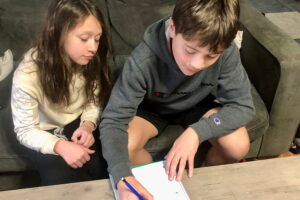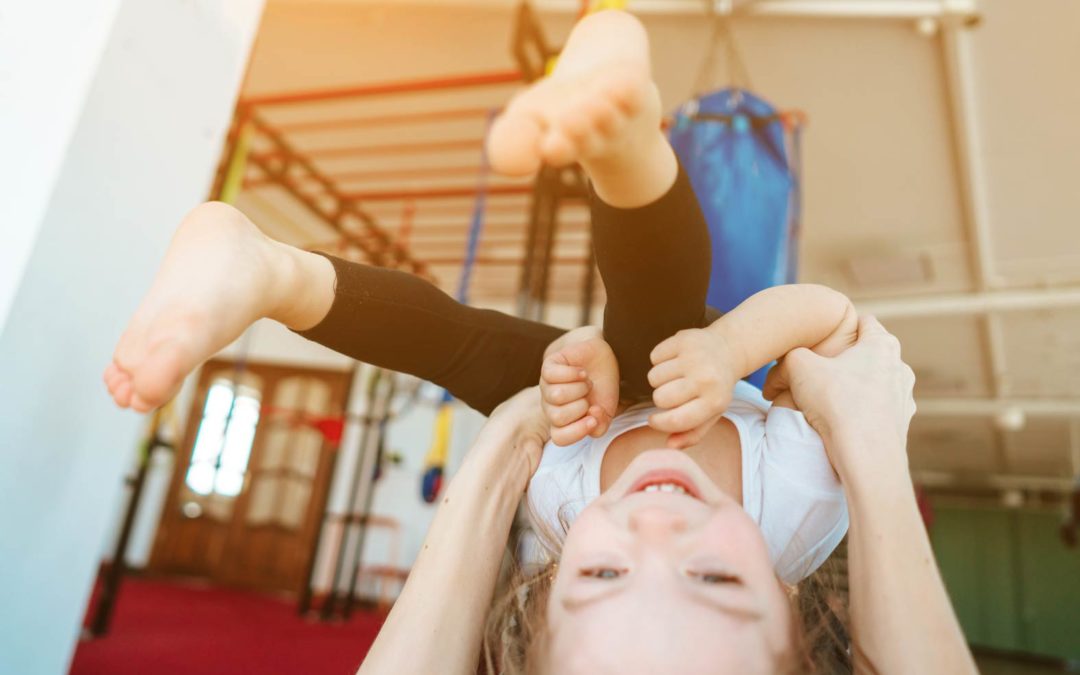
Five Tips for a Successful Snow Day
Snow days — I love them and I hate them — despite the sheer joy at hearing the early morning news about a snow day. According to our three kids, I was “that” mom today. You know “that” mom who makes all of her children do their chores. “That” mom who makes her children do their homework. “That” mom who is crabby all day long.
Snow Day Expectations
My kids and I had different expectations of what our snow day should look like. Each of them had their day planned out from playing video games to staying curled up in blankets to watching movies. My expectations were a little different.
According to my children, I was the ONLY mom in the entire state requiring kids to do chores and homework all day long on a snow day. One would have thought I asked all three kids to write a dissertation. For about two hours “that” mom surfaced and so did frustration, arguing, tears and disappointment.
In the midst of the two hours here are just a few of our interactions:
- Our oldest: “Mom, I am tired of doing laundry! That is all I have done since your surgery.”
- Middle daughter: “Mom, you have unrealistic expectations. I don’t understand what I even have to do.”
- Our youngest: “I hate homework. Why are you making me complete the entire week of assignments? I still have two days before my spelling test.”
- Our oldest daughter: “Please everyone just quit arguing.”
Facing My Disappointment
Knowing how busy the rest of our week was going to be due to schedule changes, I knew we finally had a day to get ahead on chores and homework. My kids couldn’t see my vision for the day and I made it known that I was disappointed. I was not only disappointed in how we were treating each other, but also that my kids were not helping out around the house.
I felt guilty that I did not extend any grace to my kids. I was disappointed in myself for not recognizing their need to just have a lazy day. Our kids are pushed to do so much during the school day, especially our teenagers who are feeling the pressure to keep good grades and be involved in organizations. Today, what I failed to see is that all three kids are stressed either with their schedules and homework. They just wanted a day to relax. If adults need a break sometimes, kids definitely need one too.
Tips for Surviving A Snow Day
After everyone calmed down and completed their homework, everyone was able to enjoy watching movies for playing videos games. However, I decided to write down a few tips in the hopes that the next snow day does not escalate to tears and unrealistic expectations.
- Give up on productivity: Our kids do need some down time, especially our son who just loves being home. He finds his peace and needs his quiet time at home.
- Let the kids be kids: I need to encourage our kids to be more childlike, even our teenagers, particularly on snow days.
- Extend some grace: I definitely can do better on this, knowing our kids have had virtually every chore added to their lists, as I am recovering from a surgery. I just needed to breathe and extend some grace.
- Turn the technology off
- Set better expectations: If anything does need to be accomplished I will set better expectations. For example as a family we will sort, wash and fold three loads of laundry.
A snow day can throw a wrench into any schedule. With the help of the tips above, hopefully the next snow day can be a little more relaxing and childlike before “that” mom comes out.

Shelly Mowinkel
K-12 & Teens
My husband and I have three kids. Our oldest is a freshman in high school, and our youngest is in second grade. Most days, I feel like we are a “tag-team chauffeuring” service, yet I wouldn’t have our life any other way. Not only I am a business/technology teacher at Milford, I am also the district technology integration specialist. I love teaching because I get the opportunity to make those around me better. My hope is that, through my blogging, I am able to inspire, encourage, and share with you my adventures of being a wife, mother, and professional.































